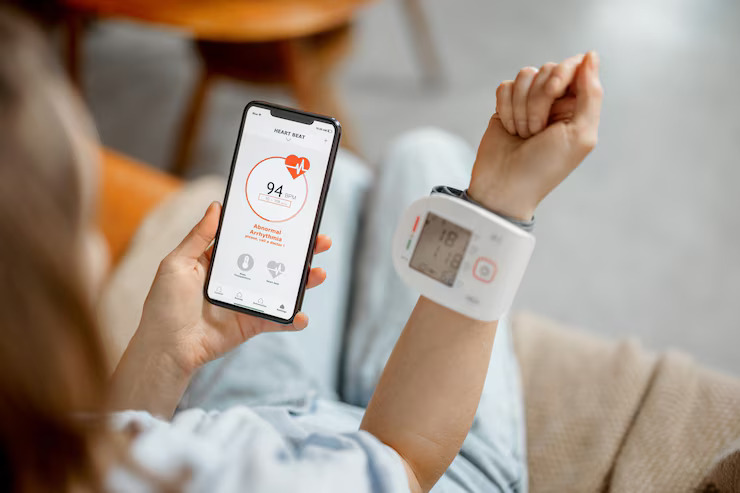In the realm of healthcare and medical research, the significance of patient engagement in clinical trials cannot be overstated. It is the cornerstone that ensures the success of clinical studies, affecting everything from the recruitment phase to the accuracy of patient-reported outcomes and the efficiency of remote data collection. Engaging patients not only enhances the quality and reliability of the research data but also ensures a smoother clinical trial process, benefiting both the participants and the researchers.
Understanding Patient Engagement
At its core, patient engagement refers to the meaningful involvement of participants in their healthcare journey, especially within the context of clinical trials. This concept transcends mere participation, advocating for a dynamic interaction between patients and healthcare providers. It’s a strategy that acknowledges patients as integral stakeholders, whose insights contribute significantly to the trial’s design, implementation, and evaluation phases.
The Importance of Patient Engagement
-
Improved Data Quality: Engaged patients are more likely to adhere to the study protocols and provide accurate, timely data. This is particularly crucial for remote data collection, where researchers rely on patients to self-report their outcomes or use medical devices at home.
-
Enhanced Patient Retention: Clinical trials face significant challenges with patient dropouts. Engaged patients, who feel valued and understood, are less likely to withdraw, ensuring a smoother and more efficient trial process.
-
Accelerated Recruitment: A patient-centric approach can also accelerate the recruitment process. Satisfied participants are more likely to refer others, helping to fill the recruitment funnel more quickly and efficiently.
-
Informed Consent: Engagement ensures that patients are fully informed and understand the trial they are participating in, which is fundamental for ethical reasons and regulatory compliance.
Strategies for Innovative Patient Engagement
-
Leveraging Digital Tools: The advent of digital health technologies offers a golden opportunity to revolutionize patient engagement. Tools such as mobile health apps and wearable devices facilitate remote data collection, enabling patients to contribute data in real-time from the comfort of their homes. This not only minimizes the burden of participation but also enriches the dataset with continuous, real-world data. By integrating these technologies, clinical trials can achieve a higher degree of flexibility and inclusivity, appealing to a broader demographic.
Personalized Communication: Tailoring communication to meet the individual needs and preferences of each patient can significantly boost engagement. This includes providing information in a variety of formats (videos, infographics, interactive websites) and languages, ensuring accessibility for all participants.
Patient Advisory Boards: Involving patients in the design and execution of clinical trials through advisory boards can provide valuable insights into patient needs and preferences, leading to more patient-friendly study designs and procedures.
Educational Initiatives: Educating patients about the importance of clinical trials and the impact of their participation can foster a sense of purpose and engagement. This can be achieved through workshops, webinars, and informational materials distributed both digitally and in healthcare settings.
Feedback Loops: Implementing mechanisms for patients to provide feedback throughout the trial and demonstrating how this feedback is used to improve the trial process can enhance trust and engagement.
Encouraging Patient-Reported Outcomes: Patient-reported outcomes (PROs) are a critical metric in assessing the efficacy and safety of interventions. Encouraging the submission of PROs through user-friendly digital tools can provide researchers with direct insights into the patient experience. This feedback is invaluable in evaluating the impact of the trial from the patient’s perspective, enabling adjustments that enhance the quality of care and research validity.
- Conclusion
Patient engagement is a critical factor in the success of clinical trials. It not only improves the quality of the data collected but also ensures a more efficient and ethical research process. By adopting innovative engagement strategies, such as leveraging digital tools for remote data collection and personalizing communication, researchers can foster a more collaborative and productive relationship with participants. This, in turn, will lead to more successful clinical trials, accelerating the development of new treatments and therapies that can significantly impact patient care and outcomes.






































